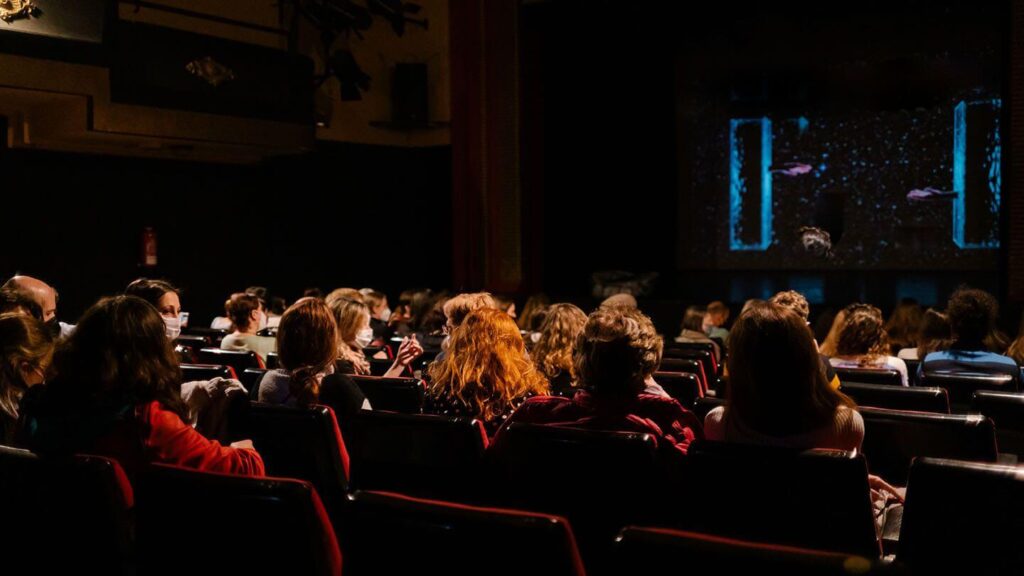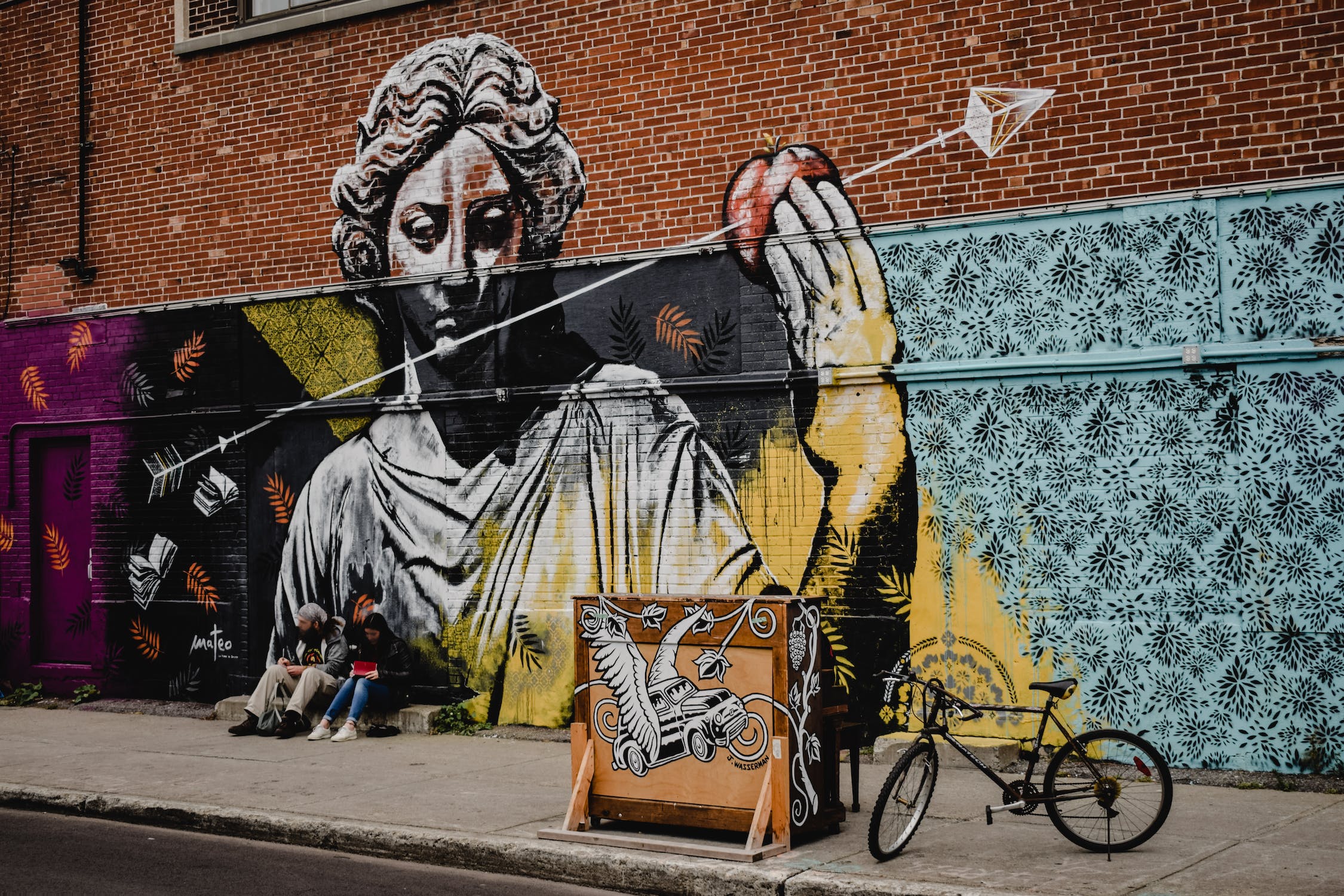Top Independent Film Festivals with Inclusive Perspectives in 2025
Discover the top independent film festivals in 2025 that champion inclusive perspectives, featuring diverse voices from around the world. These festivals celebrate filmmakers from marginalized communities, including LGBTQ+, women, and minority creators, offering a platform for stories that challenge norms and inspire change.
Aeron Vale
October 08, 2025 • 4 min read

Overview
The world of independent cinema is a vibrant tapestry, showcasing diverse voices and stories from all corners of society. As we step into 2025, several film festivals are leading the charge in championing inclusivity and representation in the film industry. These festivals not only celebrate unique voices but also create a platform for storytellers who have often been sidelined. In this post, we’ll explore some of the top independent film festivals that are committed to fostering inclusive perspectives, empowering diverse filmmakers, and engaging audiences in meaningful conversations.
Arguably the most renowned independent film festival, the Sundance Film Festival continues to push boundaries in 2025. It remains a vital platform for underrepresented filmmakers, with a strong emphasis on diversity. This year, Sundance boasts an impressive lineup of films from women, LGBTQ+ creators, and filmmakers of color, showcasing narratives that challenge the status quo.
Top Independent Film Festivals with Inclusive Perspectives in 2025
The world of independent cinema is a vibrant tapestry, showcasing diverse voices and stories from all corners of society. As we step into 2025, several film festivals are leading the charge in championing inclusivity and representation in the film industry. These festivals not only celebrate unique voices but also create a platform for storytellers who have often been sidelined. In this post, we’ll explore some of the top independent film festivals that are committed to fostering inclusive perspectives, empowering diverse filmmakers, and engaging audiences in meaningful conversations.
1. Sundance Film Festival
Arguably the most renowned independent film festival, the Sundance Film Festival continues to push boundaries in 2025. It remains a vital platform for underrepresented filmmakers, with a strong emphasis on diversity. This year, Sundance boasts an impressive lineup of films from women, LGBTQ+ creators, and filmmakers of color, showcasing narratives that challenge the status quo.
The festival’s commitment to inclusivity is evident in its dedicated programs, such as the “Sundance Institute Women Filmmakers Initiative,” aimed at nurturing female talent in the industry. Additionally, Sundance’s “Creative Producing Summit” provides invaluable resources and networking opportunities for marginalized voices in filmmaking. By prioritizing diverse perspectives, Sundance is not only paving the way for future generations of filmmakers but also making cinema more relatable and engaging for all audiences.
2. Atlanta Film Festival
The Atlanta Film Festival has earned its reputation as a hub for diversity and inclusion in the film community. Celebrating its 49th year in 2025, the festival prides itself on showcasing a wide variety of voices from across the globe, representing different cultures, experiences, and social issues.
One of the hallmarks of the Atlanta Film Festival is its commitment to educational panels and workshops that focus on inclusivity in filmmaking. These sessions provide aspiring filmmakers with the tools they need to amplify their voices and tell their own stories effectively. Furthermore, the festival curates a selection of films that tackle pivotal issues such as racial injustice, gender equality, and climate change, allowing audiences to engage with vital contemporary topics through the lens of independent cinema.
The festival also embraces local talent, fostering a sense of community by partnering with organizations dedicated to uplifting marginalized filmmakers from the Atlanta area. As a result, attendees can expect to see films that are not only regionally relevant but also resonant with universal themes.
3. Tribeca Film Festival
Since its inception in 2002, the Tribeca Film Festival has evolved into a leading independent film festival that continues to focus on inclusivity. In 2025, Tribeca is spotlighting groundbreaking digital storytelling alongside traditional cinema, enhancing the viewer experience and embracing innovative forms of filmmaking.
Tribeca’s robust commitment to diversity is reflected in its array of films featuring BIPOC directors, female storytellers, and members of the LGBTQ+ community. The festival’s curated selections often shed light on social issues, inviting audiences to reflect on their own experiences while fostering a greater understanding of others.
Moreover, Tribeca has implemented initiatives aimed at fostering inclusivity behind the camera, such as the “Tribeca X” program, which highlights projects from diverse creators that blend narrative storytelling with brand messaging. This focus on representation not only enhances the cinematic landscape but also ensures that stories from various backgrounds are heard and celebrated.
Conclusion
As we navigate through an increasingly diverse world, independent film festivals are playing a pivotal role in driving inclusivity within the film industry. In 2025, festivals like Sundance, Atlanta, and Tribeca are leading the way by not only showcasing diverse voices but also providing essential platforms and resources for marginalized filmmakers. By prioritizing inclusivity and representation, these festivals are helping to shape a more equitable cinematic future.
For cinephiles and casual moviegoers alike, attending these festivals offers an opportunity to experience powerful storytelling that resonates on multiple levels while supporting the vibrant voices that bring these stories to life. As we celebrate the richness of independent cinema, it’s clear that inclusivity will remain at the forefront, shining a light on the unique perspectives that make this art form so dynamic and essential.
Comments
0 TotalNo comments yet. Start the conversation.
Explore More Deep Dives

Deep Dives
Exploring the Impact of Generative AI on Business
DEEP DIVE Exploring the Impact of Generative AI on Business As generative AI technologies evolve, their transformative potential f...
Read deep dive
Deep Dives
How Artificial Intelligence Will Affect the Jobs of the Future
Artificial Intelligence is rapidly transforming the workforce, reshaping job roles, creating new opportunities,
Read deep dive
Deep Dives
Street Art and Muralism as Tools for Social Transformation
Discover how street art and muralism serve as powerful tools for social transformation by fostering community engagement, challeng...
Read deep dive